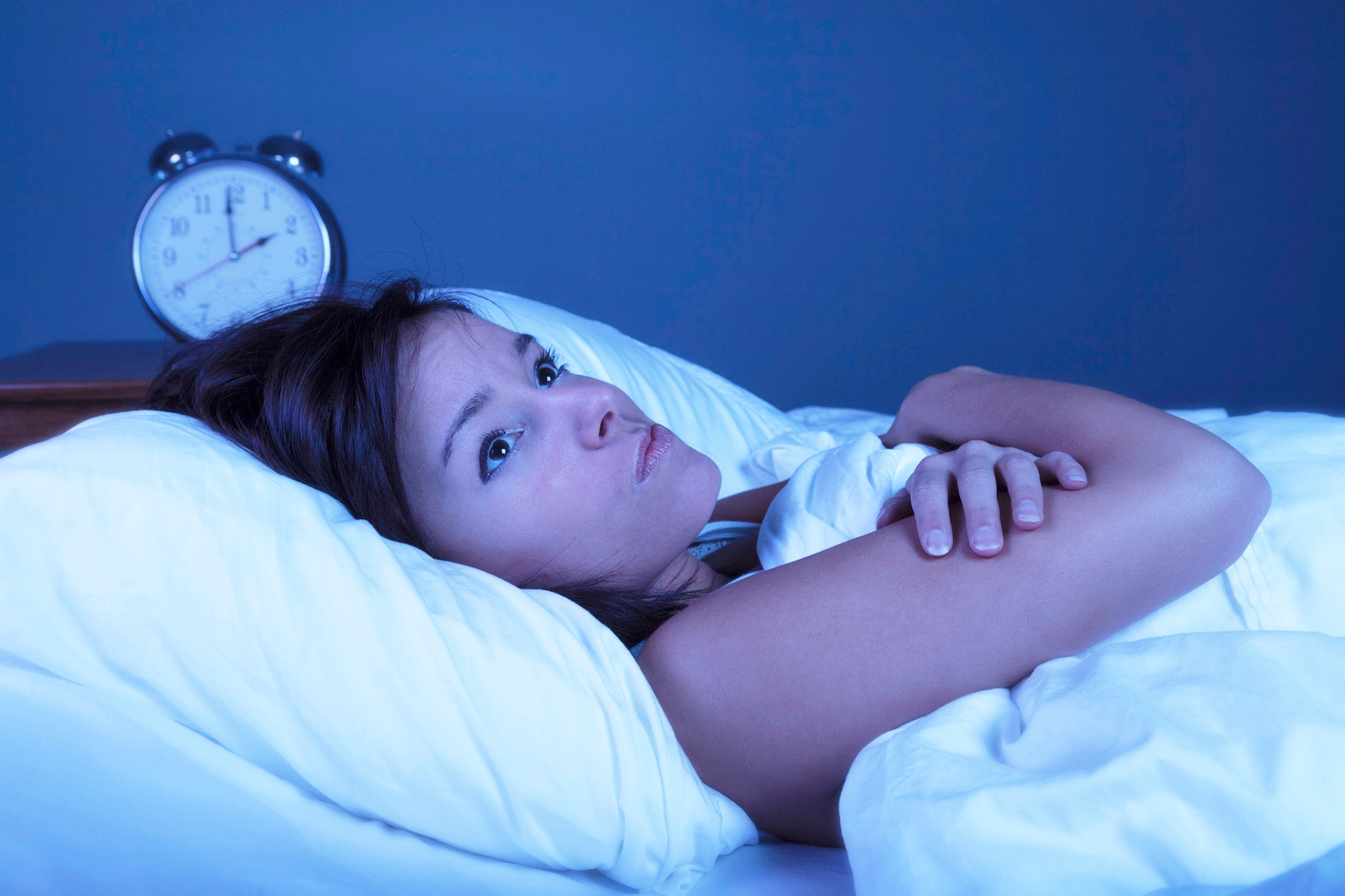Study reveals why millions of women wake up at 3.29am
Dame Kelly Holmes is amongst the agitated women waking up in the early hours
Your support helps us to tell the story
From reproductive rights to climate change to Big Tech, The Independent is on the ground when the story is developing. Whether it's investigating the financials of Elon Musk's pro-Trump PAC or producing our latest documentary, 'The A Word', which shines a light on the American women fighting for reproductive rights, we know how important it is to parse out the facts from the messaging.
At such a critical moment in US history, we need reporters on the ground. Your donation allows us to keep sending journalists to speak to both sides of the story.
The Independent is trusted by Americans across the entire political spectrum. And unlike many other quality news outlets, we choose not to lock Americans out of our reporting and analysis with paywalls. We believe quality journalism should be available to everyone, paid for by those who can afford it.
Your support makes all the difference.Millions of women in the UK are waking up early due to the menopause.
Most menopausal women awake at 3.29am, four hours before the average alarm goes off at 7am, revealed a study conducted by Dunelm.
For many of the 13 milion women going through the menopause one of the most symptoms is the insomnia provoked by the hormonal change.
On International Menopause Day a survey of 2,005 perimenopausal and menopausal women highlights one of the most taxing symptoms.
Almost three quarters of women surveyed by Dunelm (69%) said not being able to sleep at night harmed their emotional wellbeing.
Dame Kelly Holmes is amongst the women whose nights became sleepless when her hormones started to change and is working alongside Dunelm to raise awareness of perimenopausal struggles.

“Waking up at 3am became a regular occurrence for me.
“Initially I wasn’t sure if it was connected to my mum’s death or the start of perimenopause, but I now believe they were linked - both things were causing me stress, and waking up at 3am was then adding to the stress I already had because I was so exhausted every day.
“It can be a vicious cycle,” explained Dame Holmes.
Dr Clare Spencer explained people going through the menopause can find it hard getting to sleep and might wake up during the night which can impact your day-to-day function and performance.
There are both physical and psychological reasons someone might experience menopausal insomnia, explained the expert.
Physical symptoms entail joint pains, hot flushes, night sweats and needing the toilet more frequently, said Dr Spencer.

Psychologically the change in hormone levels can lead to increased stress and anxiety, low mood and depression which can affect sleeping patterns.
Dr Spencer added: “Studies have shown that a lack of sleep can really affect your mood, making your brain focus on negative thinking and even a tendency for your brain to remember unhappy events rather than happy ones.
“It can impair your judgment and concentration, too, which doesn’t help the experience of menopausal brain fog.”
Inadequate sleep can lead to being more accident prone and clumsy as the lack of sleep impairs your reaction time, explained Dr Spencer.
Dame Kelly Holmes improved her sleep by going to bed later to break the 3am wake-up-cycle, eating less before bed, using scented sleep sprays and making sure her surrounding light is low before she goes to sleep.
To improve restless nights, Dr Spencer advised to consume less alcohol, avoid too much caffeine, increase exercise, avoid large meals before bed and to stop smoking.
Managing stress and worry, having a healthy wind-down night routine and seeking medical advice to acquire hormone replacement therapy may also help improve sleep.




Join our commenting forum
Join thought-provoking conversations, follow other Independent readers and see their replies
Comments